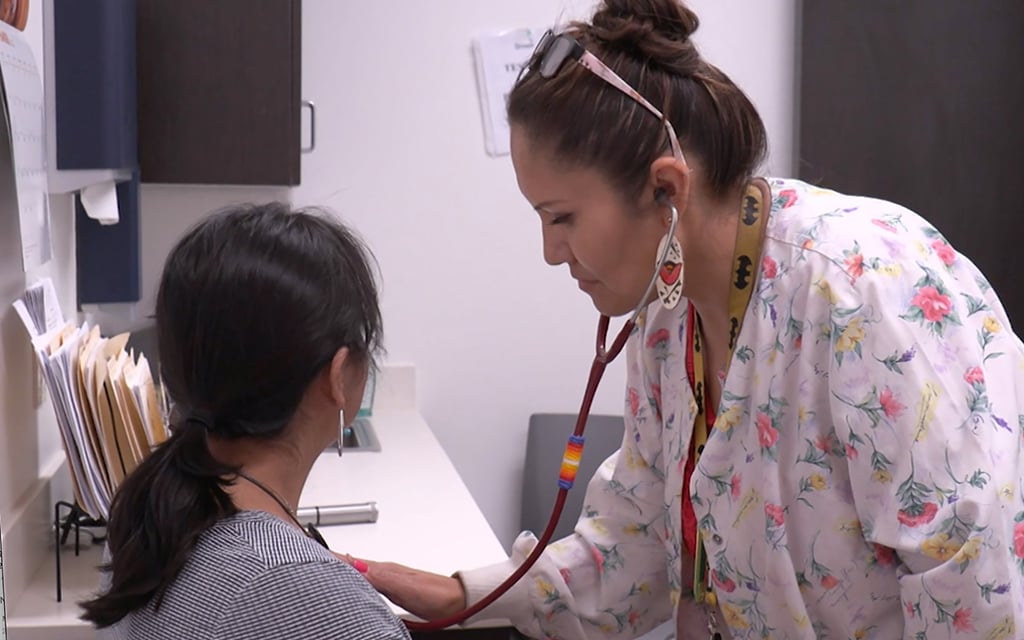Since 1961, early heart disease mortality has dropped by three-quarters, but the latest British Heart Foundation data shows a worrying reverse. Premature cardiovascular mortality is at a 10-year high, raising concerns about the pandemic, poor lifestyle choices, and healthcare issues.

Lifestyle Choices and Health Service Challenges
One plausible explanation for the surge in cardiovascular deaths is the reluctance or inability of many individuals to access healthcare services during the COVID-19 pandemic. Delayed or missed diagnoses may have contributed to the increase in fatalities, highlighting the unintended consequences of pandemic-related disruptions.
Heart disease remains linked to poor diets and inactivity. The healthcare system’s high wait times, limited face-to-face GP consultations, and politically motivated strikes by medical unions have made prompt interventions impossible.
The British Heart Foundation has issued a call to action, urging policymakers to implement measures to combat the escalating health threat. These measures include improving early detection of high-risk individuals, reducing waiting times for medical interventions, and allocating extra funding for treatment and research.
READ ALSO: Hidden Disparities: Unequal Care Prevails in Pediatric Specialties, Revealing Inequities
Collective Responsibility
While politics are vital, people should also take care of themselves. A healthy diet and regular exercise can considerably reduce heart disease risk.
Charmaine Griffiths, British Heart Foundation CEO, stresses political unity and individual responsibility to solve the situation. Together, we can stop heartbreak and reverse the rise of cardiovascular fatalities.
READ ALSO: CDC Advises Blood Testing for ‘Forever Chemicals’ Amid Rising Health Concerns



